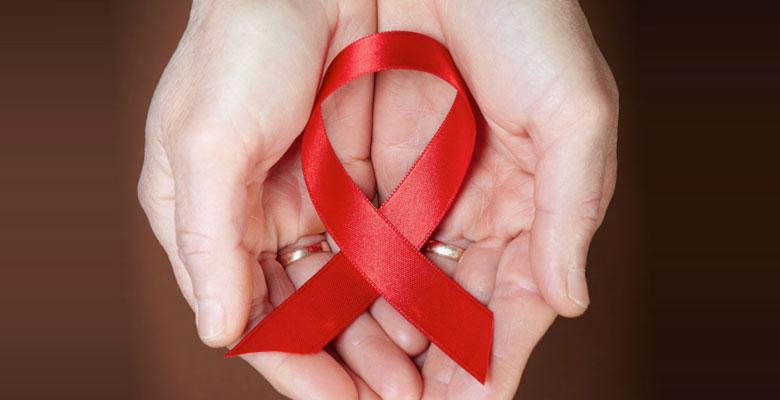PEPFAR is an acronym that stands for the President’s Emergency Plan for AIDS Relief. It is the largest foreign aid program targeted at a specific disease, and it is widely considered to be one of the most successful US foreign aid programs ever.
George W Bush who started the program in 2003. It continued and expanded under President Obama and even thrived during the Trump years. But today its fate is uncertain. Funding for PEPFAR is provided by Congress every five years, and typically this is a highly bi-partisan and wholly uncontroversial affair. It was due to be re-authorized this year — but with the end of the fiscal year rapidly approaching, this legislation has not gone through.
At issue is domestic politics around abortion. Anti-abortion groups in the United States have falsely accused PEPFAR under the Biden administration of somehow indirectly or secretly supporting abortion. This idea has infected Republican politics — several Republican members of congress who once supported PEPFAR are now preventing a vote on its re-authorization, threatening to undermine what one of these very members of congress once called “The most successful foreign aid program since the Marshall plan.”
On the line to discuss PEPFAR’s history of success and its uncertain future is Gayle Smith, CEO of the One Campaign and former head of the US Agency for International Development. You can access the episode on your preferred podcast listening app, here.
Transcript excerpt edited for clarity
What Would Happen if Congress Fails to Reauthorize PEPFAR?
Mark Leon Goldberg: Correct me if I’m wrong, but if this impasse is not overcome and there’s not a reauthorization, then some portion of funding ends at the conclusion of the fiscal year, September 30th. Can you walk us through what the potential various scenarios are for reauthorization or not?
Gayle Smith: If it’s not reauthorized, a lot of the funding would continue, but it would dwindle over time. It’s kind of the first blow because you’ve got to have something authorized before the money is appropriated. On the appropriations side, you never know what happens. There’s quite frankly, a lot of support from appropriators. But I think what it would do is over time, it would definitely impact the program. There’s no question.
I think the second thing it would do would be to send a signal to the world that as the global leaders and champions for 20 years of not just a global health fight, but of a fight that is about our collective dignity, our humanity, our values, that we’re going to say, “well, we’ve got some domestic politics, and that’s going to be more important” — rather than, you know, shifting those domestic politics to the proper venue. So I think that would be another impact. Over time, the challenge is, if we ceased to do PEPFAR, what do you do about all those people who are on treatment today? What happens in terms of the disease itself, and the spread of the disease? And what does that mean for the world? And frankly, also, what does it mean for us? Because it’s not in our interest if this virus starts going the other direction. So the the failure to reauthorize — there’s no upside. It’s a net negative across the board.
Mark Leon Goldberg: But as you noted, the program would not cease overnight. There’s funding available for some time to keep elements of the program alive. But it would have a negative impact on the program that presumably would compound the longer the program remains under funded. Say you’re an implementing partner, a partner government for PEPFAR and you see an uncertainty in its reauthorization? How does that impact your decision making?
Gayle Smith: Yeah, let’s say I’m a health minister and I’ve been working with PEPFAR for a long time. We’ve made tremendous progress, as is true in many of these countries. I have also increased my own budgetary contribution. We’re really getting there. And then you hear these stories that maybe it’s not going to be reauthorized, which also signals maybe this political consensus is starting to crumble. My first reaction would be: panic. My second reaction would be, man, I’ve got to think about how I’m going to manage this in my country. If suddenly or even if over time the funding I’m receiving shrinks substantially. And does that mean, for example, that rather than providing treatment to this cohort of 5000 girls and young women who’ve tested positive, maybe I shouldn’t make treatment available because maybe I’m not going to be able to sustain them. Like, there’s real life decisions that come out of the uncertainty. If I was watching this, I would be worried. Frankly, I would also be hopeful because we do have a 20 year track record of protecting PEPFAR from politics in a big way. But I’d be nervous if I was watching it.
Listen to the full episode here.
